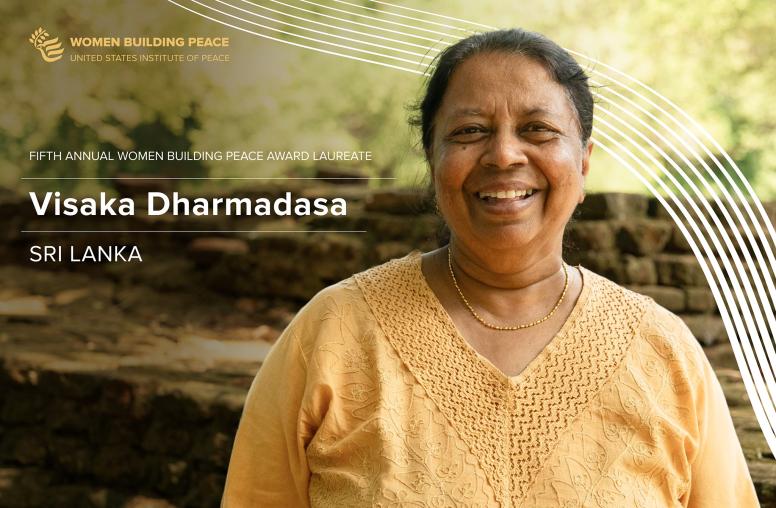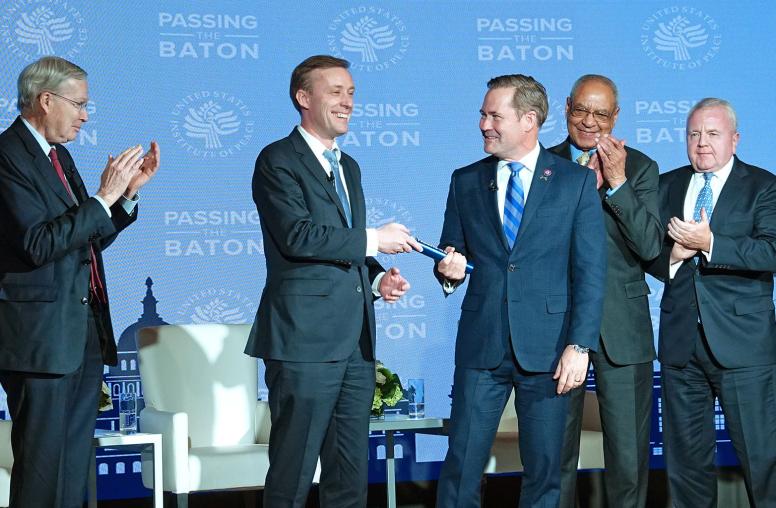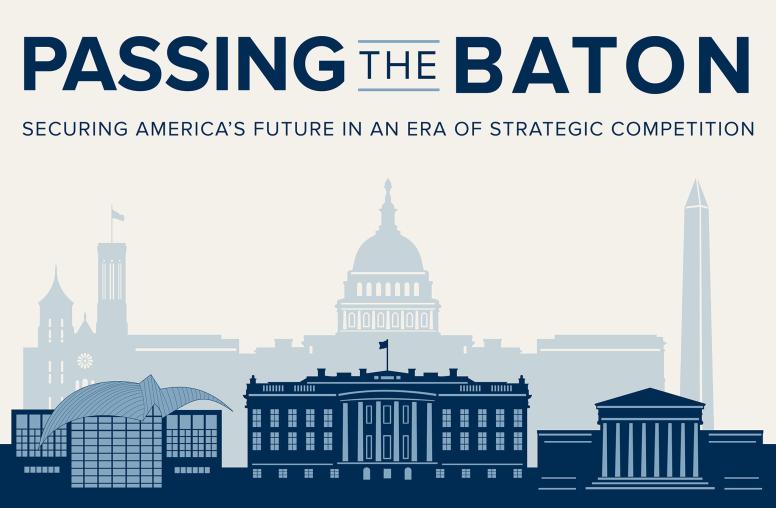Foreign Policy Debate Features Two Prominent Scholars on Roots of Violent Extremism in Islam
“Is violent extremism in Islam today the product of circumstances or the natural result of core tenets of the religion?” On November 9 – 10, Foreign Policy is featuring a two-day debate on its website to answer that question from two experts: Manal Omar, the U.S. Institute of Peace’s acting vice president for the Middle East and Africa Center, and Ayaan Hirsi Ali, a best-selling author who is founder of the AHA Foundation and an advocate for women’s rights and free speech.
Omar and Hirsi Ali square-off in a written, civil discourse, calling upon contemporary issues and circumstances, history, facts, and scholarship to formulate and defend their chosen positions in addressing the central debate topic of violent extremism. Omar’s argument: Islam Is a Religion of Peace and Hirsi Ali’s argument: Islam Is a Religion of Violence are live and rebuttals will appear on November 10.
Omar and Hirsi Ali offer convincing arguments and counterarguments that leave the audience to make up their own minds or perhaps even blend Omar and Hirsi Ali’s respective points of view to formulate or reformulate their own beliefs.
Omar states early in establishing her position, “The framing [of the debate topic] reveals a fundamental error: that violent extremism is fundamental to Islam rather than committed by individuals. The complicated truth of the matter is that the extremist violence that has overtaken a majority of Muslim countries, including Iraq, Syria, and Pakistan, is the product of complex political and social circumstances.”
However, Hirsi Ali identifies a duality within Islam, “It's possible to claim, following Mohammed’s example in Mecca, that Islam is a religion of peace. But it's also possible to claim, as the Islamic State does, that a revelation was sent to Mohammed commanding Muslims to wage jihad until every human being on the planet accepts Islam or a state of subservience, on the basis of his legacy in Medina.”
Omar proposes that complex social and political circumstances better explain violent extremism over Hirsi Ali’s assertion that classifies and labels fundamentalist Muslims “Medina Muslims” as driving the extremism in an attempt to impose a regime based on Shariah law. Hirsi Ali also applies two other labels to Islam’s followers: “Mecca Muslims” and “modifying Muslims” who respectively are more placid but loyal to the core creed or promote the separation of religion from politics and other reforms.
Both Omar and Hirsi Ali are available for television, print, and radio interviews to continue the debate from the pages of Foreign Policy for your audience.
To arrange an interview, please contact J. Paul Johnson, senior press officer U.S. Institute of Peace at pjohnson@usip.org or via telephone at 202-429-7174



